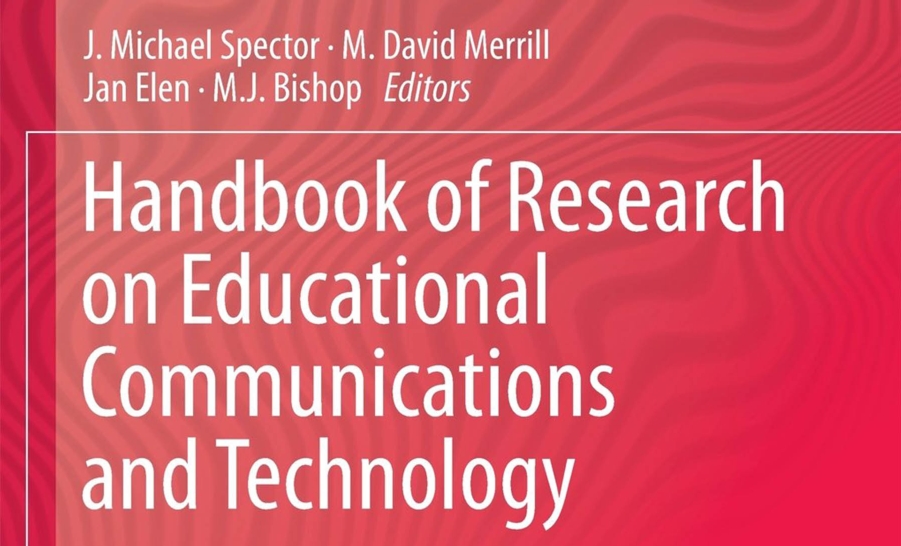On Worthiness, Knowledge Curation, and Diversifying OER
This project takes a crowdsourcing approach to diversify OpenStax Psychology (OpenStax College, 2014), an Open Educational Resource (OER) for Introductory Psychology courses.
Fowlin et al. / Springer Science + Business Media / September 2020

This design case describes the creation and implementation of a 4-week, online, and collaborative learning experience between criminology students and faculty at two universities: one in the United States and one in Sweden. Both universities have a diverse student body that includes first-generation college students and underrepresented students. The collaboration gave students an opportunity to explore criminology in an authentic global context and harness similar benefits to a study abroad program without the financial burden. The project was grounded in instructional design theories of computer-supported collaborative learning (CSCL) and best practices for cross-cultural team collaboration. The design involved the creation of an engaging learning environment where learners worked together to accomplish a shared goal and co-create knowledge. The design offered students a unique learning experience that broadened their understanding of criminology theories in two distinct national contexts. We present the case through design decisions, implementation outcomes, a rich description of the context, and a holistic reflective view from the designer, faculty, and learner perspectives.